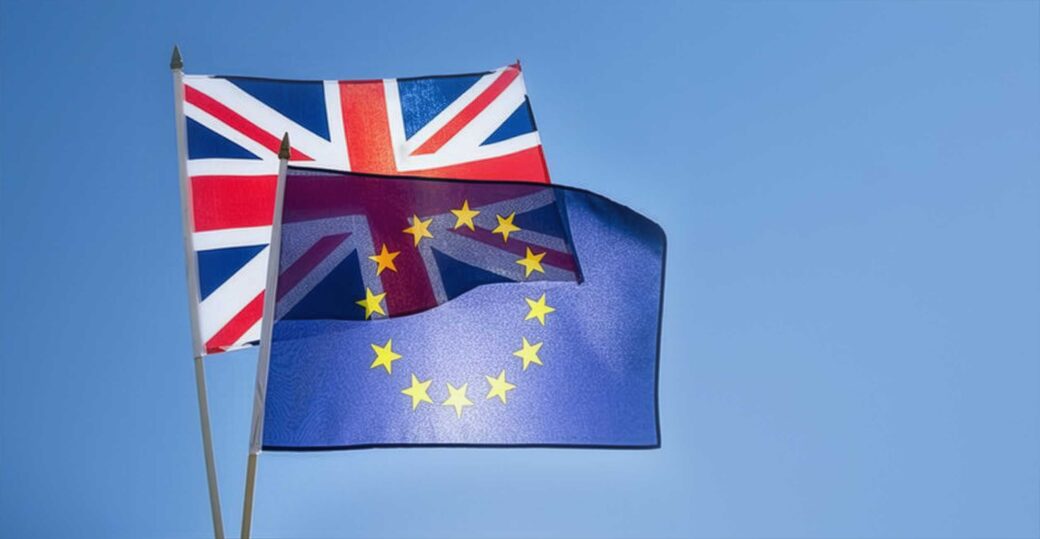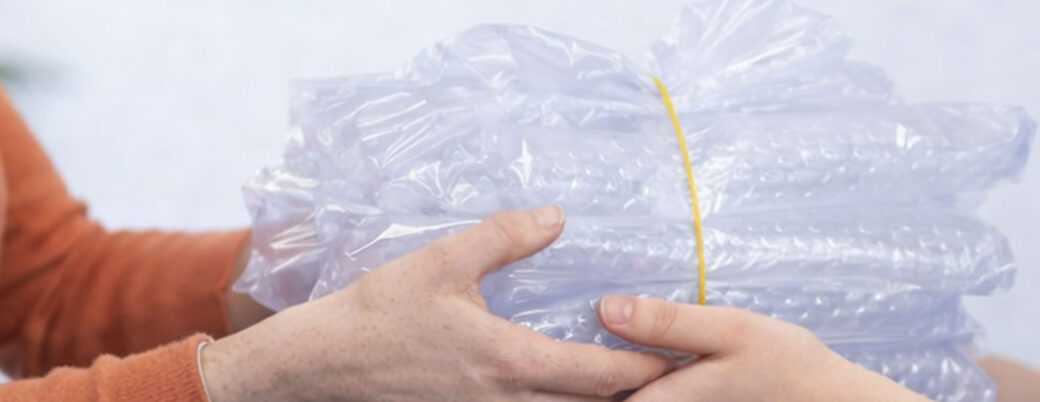A new report has been released, providing an important insight into the global footprint of leading global companies.
Transparent 2020 was produced by ReSource, which is led by the WWF and is a collaboration of companies and organisations working together to address our planet’s plastic waste crisis. Launched in 2019, ReSource aims to tackle plastic pollution by identifying concrete changes that will make the biggest impacts in reducing a company’s plastic pollution footprint.
Working with five Principal Members (Keurig Dr Pepper, McDonald’s Corporation, Procter & Gamble, Starbucks, and The Coca-Cola Company), as well as through partners The Ellen MacArthur Foundation and Ocean Conservancy, the Transparent 2020 report presents key findings related to the global plastic footprints in 2018.
Transparent 2020 is the first of what will be an annual series of reports that detail its members’ plastic footprints and track progress on corporate actions. In this first report, ReSource members reported 4.2 million metric tonnes of plastic was used in one year, based on 2018 data. Of this plastic, only 8% was sourced from recycled material.
This first publication pilots the ReSource Footprint Tracker methodology and demonstrates a common framework to measure effective corporate action on plastic. The Footprint Tracker identifies four waste management pathways for consumer-facing plastic packaging: recycled, landfilled, incinerated, or mismanaged.
Based on the results, the report identifies concrete calls to action for its members, as well as broader recommendations for the private sector and other stakeholders to address global plastic pollution.
The WWF has outlined four key areas of action to track progress moving forward:
- Eliminating unnecessary plastics
- Investing in sustainable production
- Doubling the global recycling rate
- Working to fill critical data gaps
Across the companies involved with the report, a key area of focus was small plastics, which are commonly excluded from large recycling streams. Items such as utensils and straws are difficult to recycle but are a significant element of the unnecessary plastics currently put onto the market.
Plastics packaging tax
In the UK, a plastic packaging tax will be introduced in 2022. This means any plastic packaging, such as single use plastic bottles, will be taxed at £200 per tonne if it does not include 30% recycled plastic. With only 8% of the plastic produced by the global companies included in the Transparent 2020 report sourced from recycled materials, it is important that recycled content is addressed as soon as possible.
Charlotte Briggs, Policy and Engagement Lead at Clarity Environmental, said: “The introduction of a plastic tax is an opportunity for businesses to take positive steps towards a circular economy and away from our reliance on single-use plastics. But the implications on businesses are significant, and it is vital that those affected prepare now for the changes ahead. With most businesses taking on average 12 months to successfully redesign packaging, any decisions to incorporate the 30% recycled plastic threshold must be taken by April 2021, ideally sooner.”
Stay up to date and keep on top of policy developments with Clarity
Do you think the upcoming legislative changes to packaging, from plastic tax to extended producer responsibility, will impact you or your business? Subscribe to our newsletter for the latest industry news or get in touch with our team.



